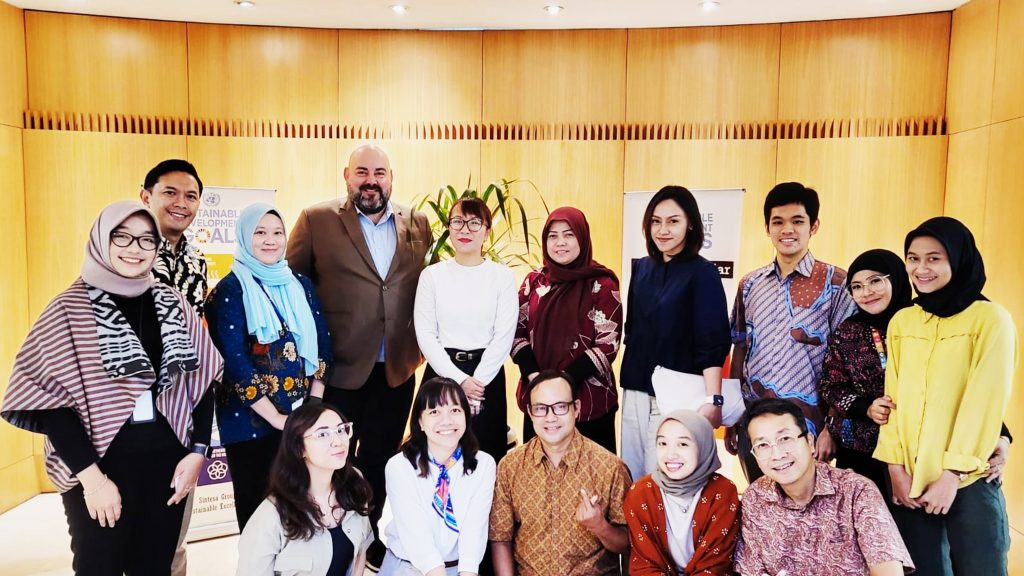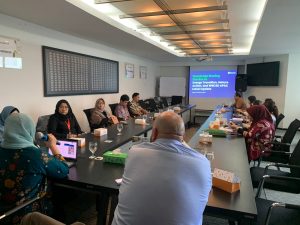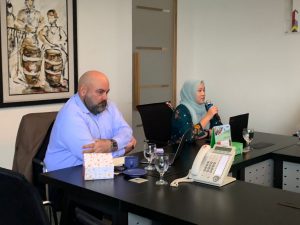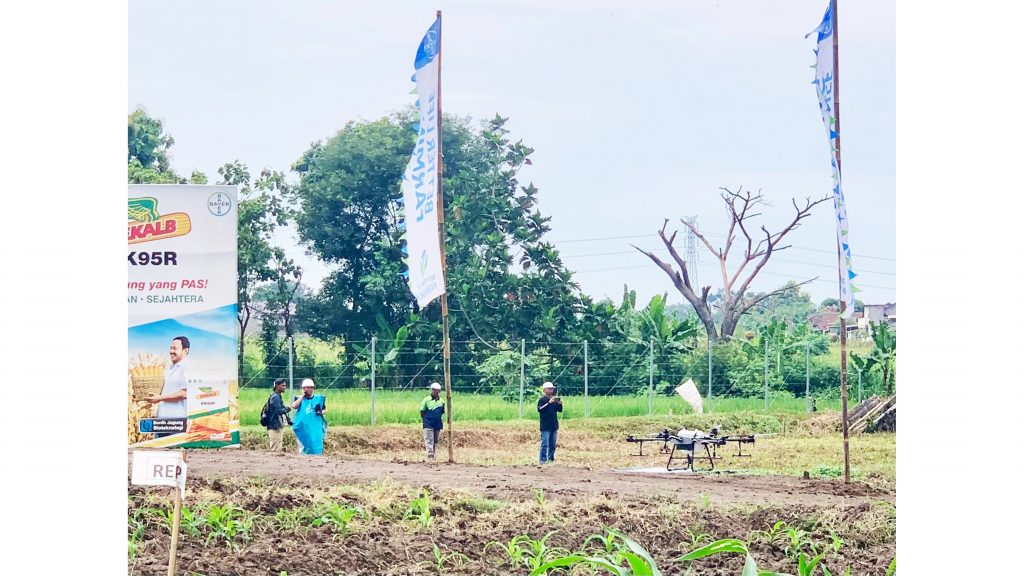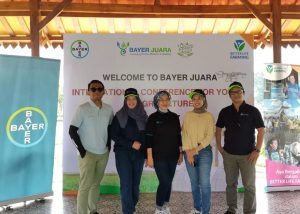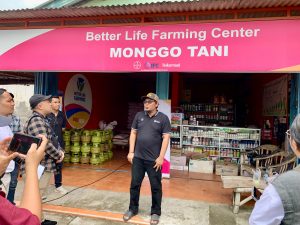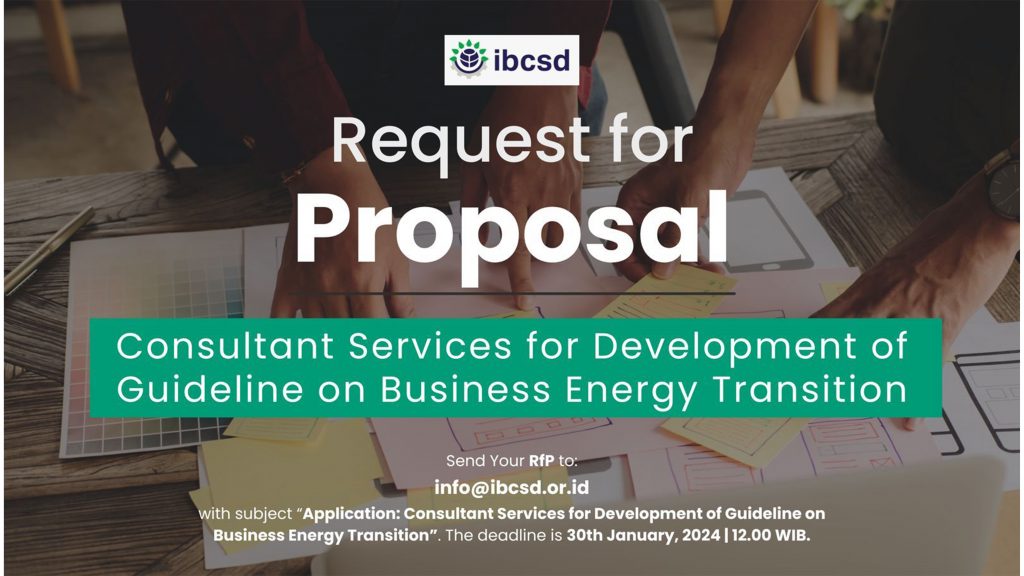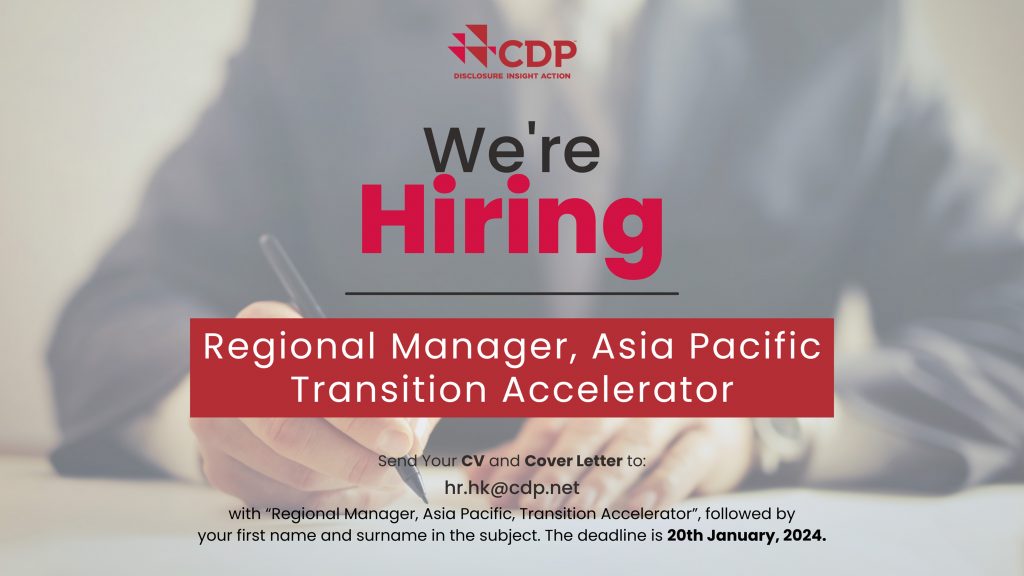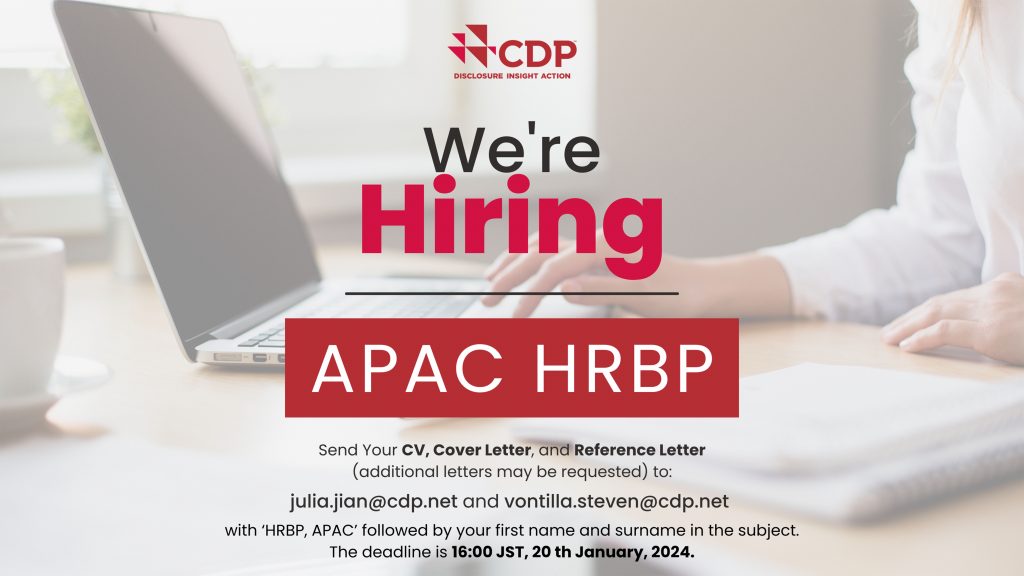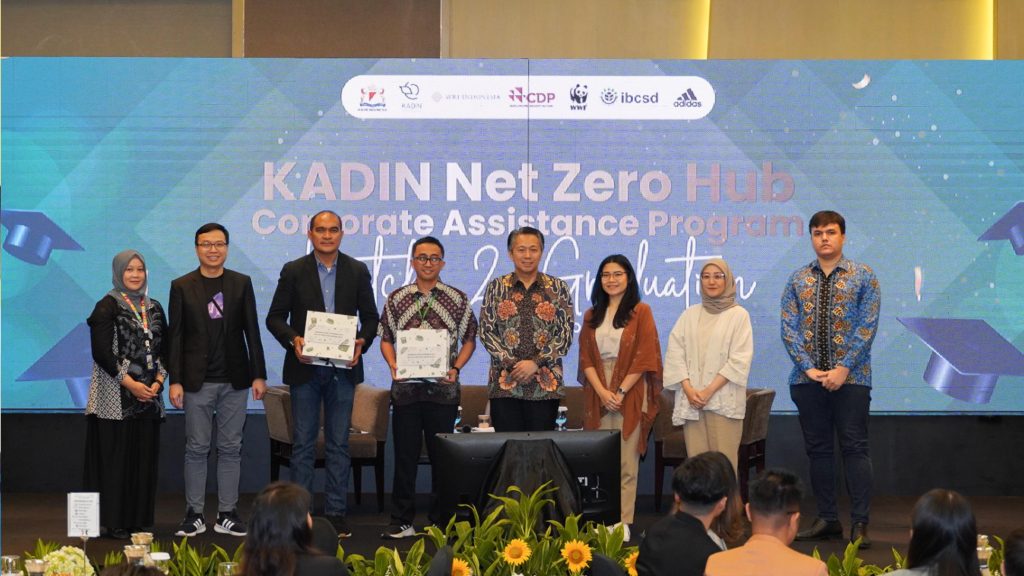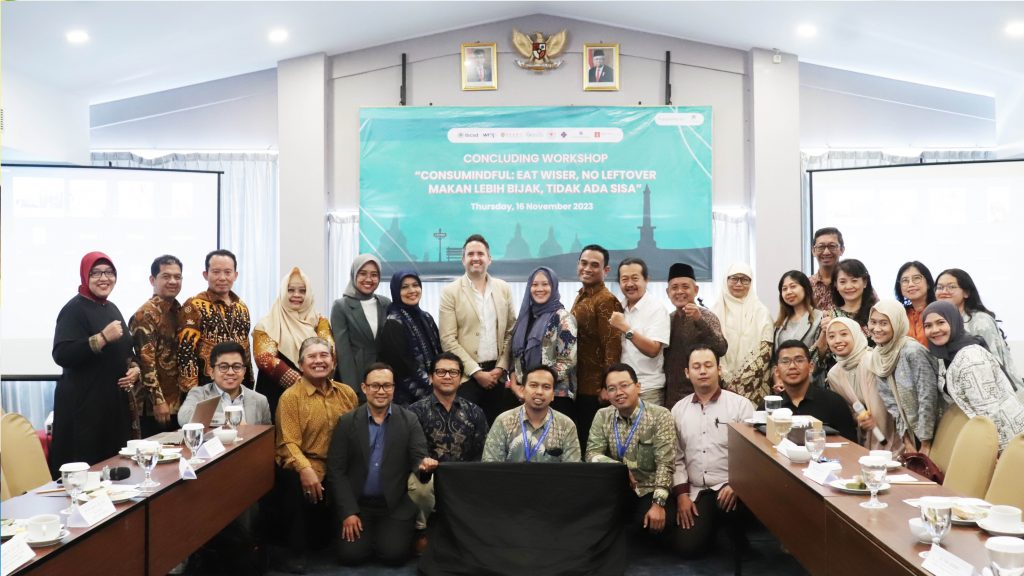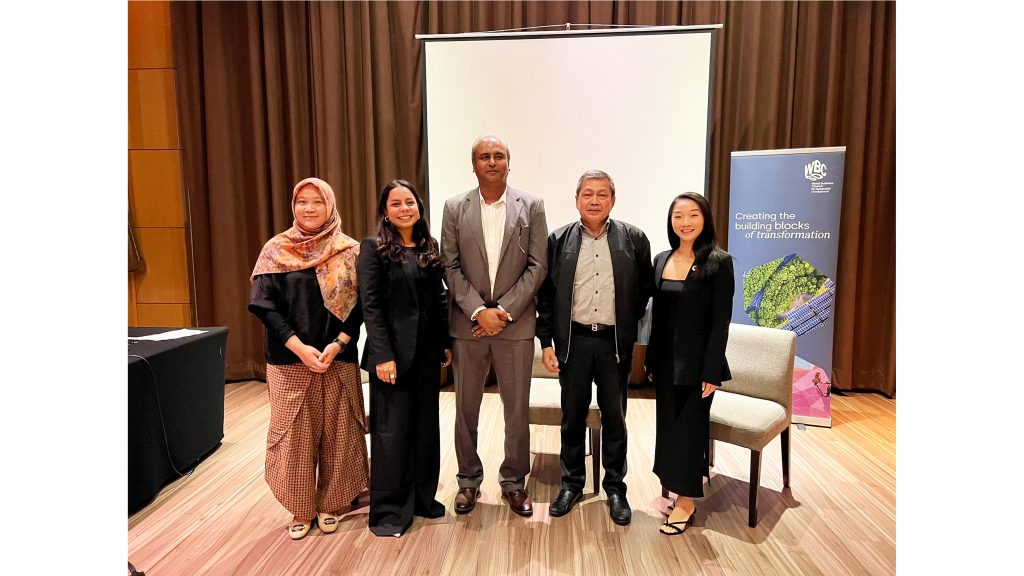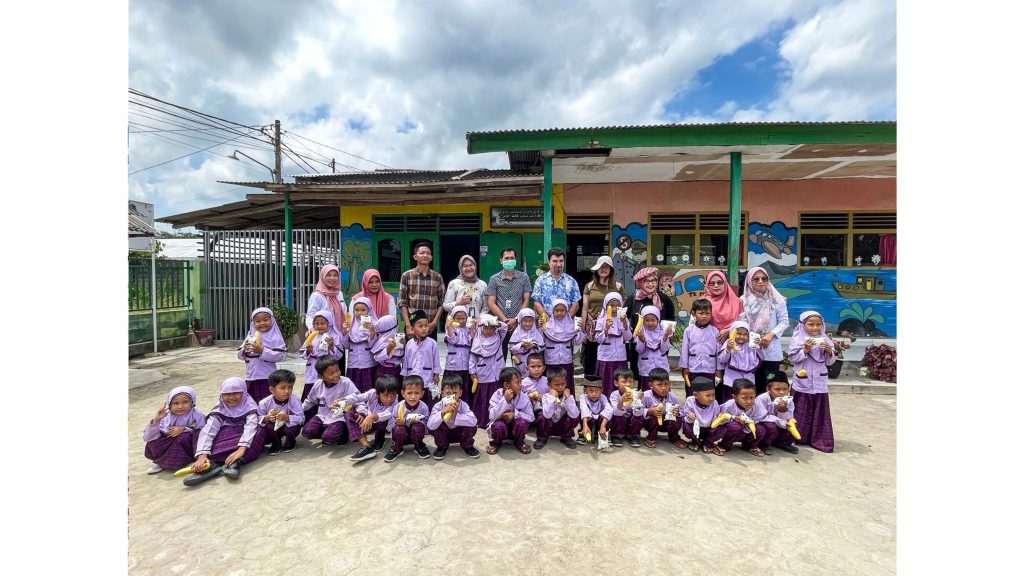
Great Indonesia, GGF’s Contribution to Reducing Stunting Prevalence in Central Lampung Regency
This program has been running for 4 years (2019-2023), and has made a significant contribution to the handling of stunting in Lampung Province. The stunting prevention program initiated by Great Giant Foods (GGF) as an elaboration of the company’s vision “Nourishing People’s Lives with Quality Food Produce in Sustainable and Innovative Way” has been carried out since 2019 together with related parties / stakeholders including the Central Lampung Regency government, community cadres and also non-Government Organization parties. The program started from 2019 to 2023 and has been implemented in 12 villages in Central Lampung Regency and a total of 4,400 beneficiaries.
This program is carried out with 3 sub-program approaches including diet, parenting and sanitation as well as the implementation of the Rumah Pangan Lestari (RPL) area and socialization. During the program, the company has handed over approximately 8 tons of bananas and around 8000 liters of fresh milk to the beneficiaries. In addition, various efforts are given by the company in contributing to carrying out strategies to reduce stunting by conducting training or training of trainees (ToT) to cadres consisting of health cadres, school cadres and village cadres who are expected to become an extension of program implementation and spread knowledge related to stunting prevention in the community. The monitoring and evaluation process is also carried out every month by observing the continuity of activities and also the percentage of progress from the expected results.
Based on the program, the resulting impacts include being able to increase the height and weight of children with an average increase of 0.7 kg and 3 cm meters. This is an effort to help Central Lampung Regency in order to reduce the prevalence of stunting which in 2013 according to Basic Health Research (Riskesdas) data the prevalence of stunting at 52.68% until 2022 the prevalence of stunting in this district according to data from the Indonesian Nutrition Status Survey (SSGI) is only 8.7%. This is an achievement to be proud of considering that stunting is the main problem of child malnutrition in Indonesia and overcoming this problem is included in the national government’s strategic plan.
Appreciation for the implementation of this activity through the Lampung Province Women and Children’s Rights Observer Institute (LPHPA) gave appreciation to Great Giant Foods (GGF) as a company that fulfills 12 responsive indicators in supporting the government, especially in Central Lampung Regency as a Child Friendly District. Through the collaboration program carried out by GGF and the Central Lampung Regency Government in participating in reducing stunting rates, it is hoped that it will improve the welfare of the community, especially mothers and children.
